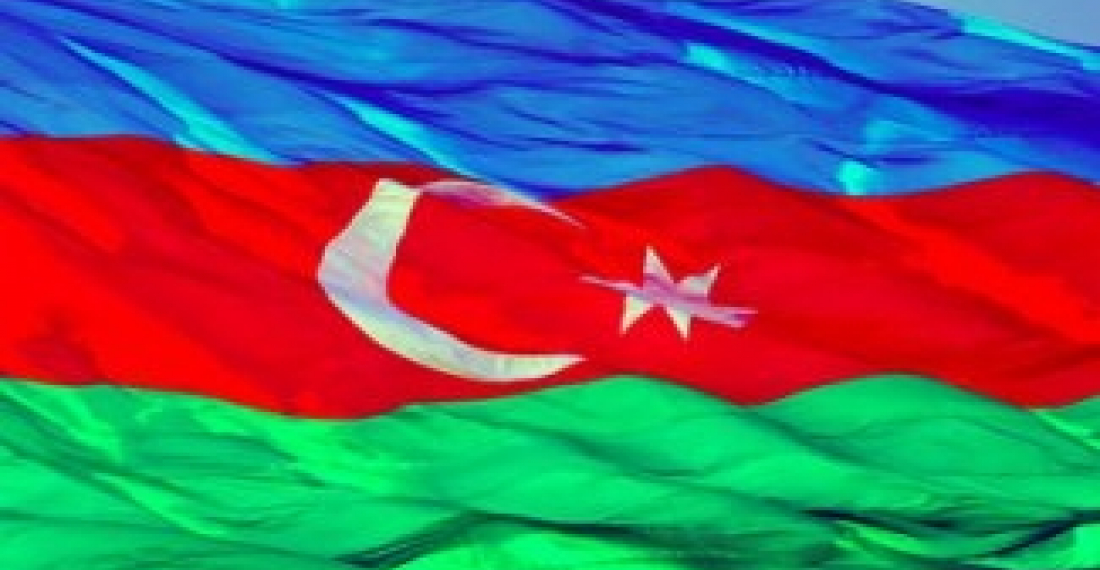According to the news service for the Azerbaijani Foreign Ministry, in his speech Mammadyarov noted that two priority issues: further activity of the NATO mission in Afghanistan after 2014 and the withdrawal of troops from this country are on the agenda throughout the time that passed since the latest meeting in the similar format and the recent session on the level of defence ministers.
"As a true partner of NATO, Azerbaijan, being a potential partner of the operation, allocated the due amount after completion of the ISAF mission for assistance to the attempts of 'education, consultations and support' while having necessary opportunities in this direction. We have practically started to implement it in a number of spheres", he said.
As for the withdrawal of troops from Afghanistan, the Azerbaijani Foreign Ministry reminded that 35% of nonlethal weapon used in the ISAF mission is transported via our country and that today Azerbaijan has allocated the due infrastructure for the withdrawal of troops that can be expanded in the future.
"Azerbaijan, along with Turkey and Georgia has recently made a statement in NATO about the importance of Baku-Tbilisi-Kars railroad. We believe that the constructed railway as well as new seaports of Azerbaijan will have a strategic importance after withdrawal from Afghanistan. These projects will revive the historical Great Silk Way which is the symbol of development and welfare of the region", Mammadyarov said.
He noted that this will primarily be useful for the residents of Afghanistan.
"This is our goal. The people of Afghanistan understand it well that Azerbaijan remains loyal to the set goals not only in this but also in bilateral format and we will spare no effort for their achievement", the Azerbaijani Foreign Minister said.
News.Az







